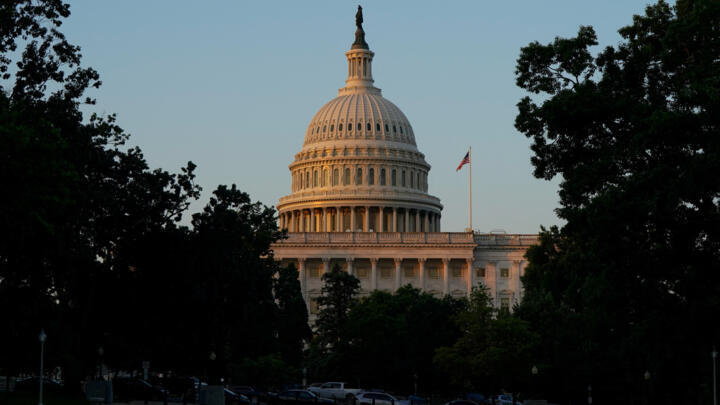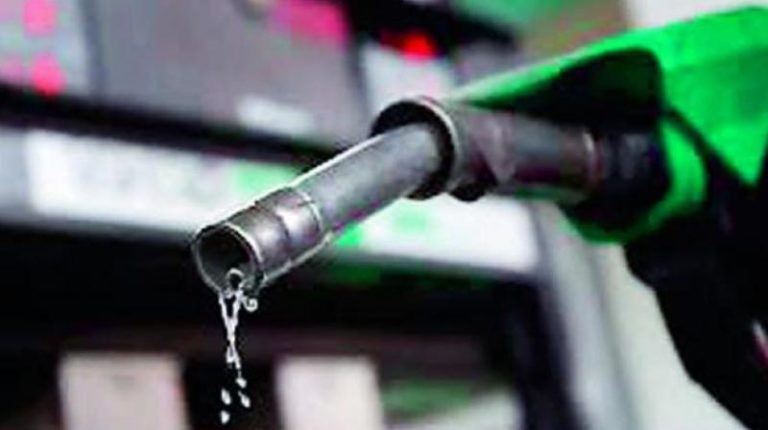By Ayomide Otitoju
Just three weeks after its resumption of operations, the Port Harcourt refinery has led to a decrease in the price of Premium Motor Spirit (PMS), commonly referred to as petrol, across retail outlets of the Nigeria National Petroleum Company Limited (NNPCL) in Abuja.
Reports indicate that the pump price at NNPCL stations has dropped from ₦1,060 to ₦1,040 per litre, reflecting a ₦20 reduction. This price adjustment has been confirmed by filling station attendants and motorists in the Federal Capital Territory.
A filling station attendant at an NNPCL outlet along the Kubwa expressway noted that the new pricing took effect on Saturday morning. Motorist Ezekiel Njoku expressed optimism about the change, stating, “The reduction of ₦20 is significant. We need further fuel price reductions in the coming days.”
While NNPCL outlets now sell petrol at ₦1,040 per litre, other retail stations continue to price petrol between ₦1,115 per litre and higher, depending on their geographical location.
This price drop aligns with earlier predictions made by Prof. Billy Okoye, the former Managing Director of NNPCL Retail, who had anticipated a decrease in fuel prices following the restart of the Port Harcourt refinery.
Industry stakeholders, including the Independent Petroleum Marketers Association of Nigeria (IPMAN) and the Petroleum Products Retail Outlets Owners Association of Nigeria (PETROAN), have suggested that the deregulation of the oil sector, combined with increased production from the Port Harcourt and Dangote refineries, will likely contribute to further reductions in fuel prices.
The reopening of the Port Harcourt refinery is considered a pivotal moment in Nigeria’s energy sector, with the potential to stabilize fuel supply and lower costs for consumers. This development is seen as a crucial step in easing the economic strain on Nigerians, who have faced soaring fuel prices since the removal of subsidies.
As the country welcomes this positive change, consumers maintain high expectations for additional price reductions in the coming weeks, particularly with the anticipated increase in production capacity from local refineries.











